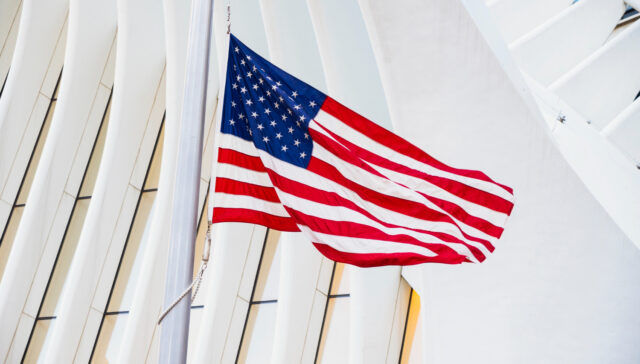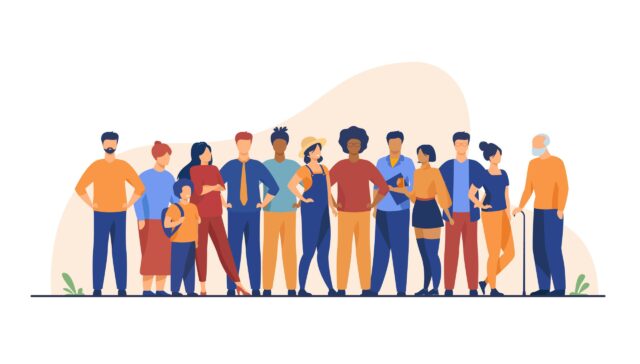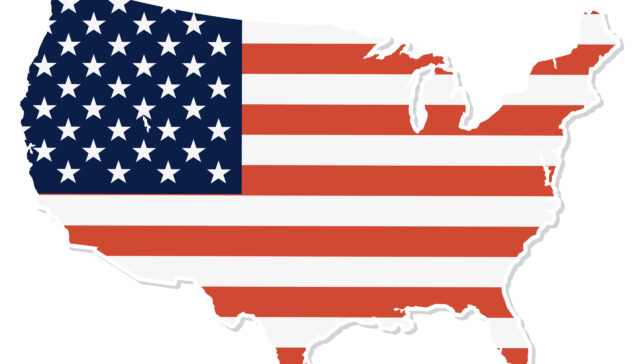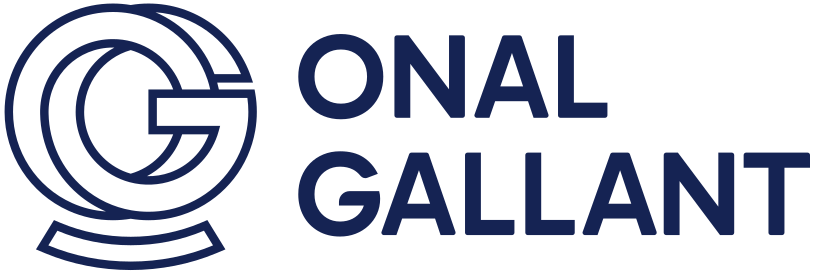
EB-2 NIW
EB-2 National Interest Waiver, is specifically designed for individuals who possess exceptional qualifications: either professionals holding advanced degrees or individuals demonstrating exceptional ability in their fields.
What Is EB-2 NIW Green Card?
The EB-2 National Interest Waiver (EB2 NIW) allows individuals whose work significantly benefits the United States to self-petition for a Green Card. This pathway recognizes contributions in diverse fields like science, technology, health, arts, business, education, and more.
National Interest Waiver (NIW) offers a unique opportunity for talented individuals to obtain a Green Card without needing a specific job offer or the lengthy labor certification process.
EB2 NIW Requirements
Before applying for EB2 with a National Interest Waiver, you must first meet the general EB-2 Green Card category qualifications:
- Advanced Degree Holder: Possess a U.S. Master's/Ph.D. (or foreign equivalent), OR a U.S. Bachelor's degree (or foreign equivalent) plus 5 years of progressive post-baccalaureate experience in your field.
- Exceptional Ability: Demonstrate expertise significantly above the ordinary in sciences, arts, or business by meeting at least three specific criteria (e.g., 10+ years experience, license, high salary, memberships, recognition).
EB2 NIW Criteria (Dhanasar Test)
Beyond basic EB-2 eligibility, you must prove your waiver request serves the U.S. national interest by satisfying all three prongs of the Matter of Dhanasar framework – the core EB2 NIW criteria:
- Substantial Merit & National Importance: Your proposed work has significant value and potential broad impact.
- Well-Positioned to Advance: You have the skills, experience, plan, and track record to make progress in your proposed endeavor.
- Benefit to the U.S. to Waive: On balance, waiving the job offer/labor certification requirements benefits the U.S. more than enforcing them.
Supporting Evidence for an EB-2 NIW Petition
USCIS expects a well-organized set of documents to support your EB2 NIW petition. While specific evidence depends on your individual profile, common types of evidence demonstrating your qualifications and the national importance of your work include:
- Proof of EB-2 Qualification: Diplomas, transcripts, degree evaluations, letters verifying experience, licenses, etc., proving you meet either the Advanced Degree or Exceptional Ability standard.
- Detailed CV/Resume: Outlining your education, experience, skills, and accomplishments.
- Publications and Citations: Copies of your published articles, book chapters, or conference proceedings, along with evidence (like Google Scholar reports) showing citations by other experts, demonstrating the impact and reach of your work
- Letters of Recommendation/Support: Testimonials from independent experts in your field (typically 3-6) who can attest to your specific contributions, the significance and national importance of your work, your unique skills, and your standing in the field. Include the experts' credentials (CVs).
- Grants and Funding: Evidence of securing competitive government or institutional funding for your projects, which strengthens the case for national importance and your ability to advance the endeavor
- Memberships and Awards: Documentation of membership in selective professional organizations requiring outstanding achievements for admission, and copies of prestigious awards or honors received, highlighting your exceptional ability and recognition
- Patents, Licenses, Contracts, and Technology Transfers: Documents showing the practical application or commercialization of your work, such as approved patents, licensing agreements, or contracts, indicating implementation and industry adoption.
- Evidence of Impact: Documentation of presentations at conferences, peer review activities, media coverage about your work, evidence of leading or critical roles in projects or organizations, or strong business plans and progress reports (especially for entrepreneurs)
Key Benefits of EB-2 National Interest Waiver
- No Job Offer Requirement: You can self-petition for the EB-2 National Interest Waiver without needing sponsorship or a specific job offer from a U.S. employer
- No Labor Certification: The costly and often lengthy PERM labor certification process, designed to test the U.S. labor market, is waived for NIW petitions
- Generally Favorable Visa Availability: For individuals born in most countries, the EB-2 visa category often has readily available visa numbers (check the current Visa Bulletin), potentially reducing waiting times compared to other categories. However, individuals born in certain countries, notably India and China, may face significant backlogs due to high demand
- Broad Applicability: The flexible criteria accommodate a wide range of professionals, including researchers, scientists, engineers, artists, entrepreneurs, educators, and other specialists whose work benefits the U.S.
EB-2 NIW Application Process
Step 1: Preparing and Filing Form I-140
The cornerstone of the EB-2 NIW application is Form I-140. This petition serves as the formal request for classification under the EB-2 category and for the National Interest Waiver. Preparing a successful I-140 NIW petition requires meticulous attention to detail and comprehensive supporting documentation.
Step 2: Required Supporting Documentation
Although the labor certification is waived, you must include specific parts of the labor certification application form, typically Form ETA-9089, Appendix A, and a signed Form ETA-9089, Final Determination (without needing DOL approval).
Step 3: Submit Supporting Evidence
Compile extensive documentation proving you meet both the EB-2 base criteria (Advanced Degree or Exceptional Ability) and the three prongs of the Dhanasar NIW standard.
Step 4: (If in the U.S.) File Form I-485
If you are already legally in the U.S. and an immigrant visa number is immediately available (i.e., the visa bulletin is “current” for your category/country), you may be able to file Form I-485, Application to Register Permanent Residence or Adjust Status, concurrently with your Form I-140, or file it once the I-140 is approved. Filing the I-485 allows you to apply for work authorization (EAD) and travel permission (Advance Parole) while your Green Card application is pending.
Step 5: Attend Biometrics Appointment & Interview (if applicable)
USCIS may require you to attend a biometrics appointment. An interview may also be scheduled, particularly for the I-485 stage. If applying from abroad, you will attend an interview at a U.S. consulate after the I-140 approval.
EB-2 NIW Premium Processing
USCIS offers an optional Premium Processing Service for EB-2 NIW petitions (Form I-140). By filing Form I-907 and paying an additional fee of $2,805, you can significantly shorten the EB2 NIW processing time. USCIS aims to take adjudicative action (such as an approval, denial, or request for evidence) within 45 business days for NIW cases under premium processing.
Questions? You’re covered.
EB-2 NIW allows qualified individuals to self-petition for a Green Card without needing a U.S. job offer or undergoing the labor certification process, potentially saving significant time.
The U.S. government operates on a fiscal year basis, starting October 1st. A new supply of employment-based visa numbers, including for the EB-2 category, becomes available each October 1st. Annual limits apply (approx. 140,000 total employment-based visas, with EB-2 receiving a percentage). If demand exceeds supply, backlogs can occur, indicated by the EB2 priority date cutoffs in the monthly Visa Bulletin
Processing times vary. Standard processing for Form I-140 can take several months to over a year. Premium processing significantly shortens this to roughly 45 days. Subsequent I-485 processing or consular processing adds more time. Check current USCIS Processing Times.
EB-2 NIW supporting letters should be from senior, well-regarded, independent experts in your field. They should clearly state their own credentials, describe your work and its impact/importance in clear, layman's terms, highlight your specific contributions, comment on the rarity of your skills, explain how they know your work, and use strong, unambiguous language emphasizing your accomplishments. Avoid jargon where possible. Drafts can often be reviewed by legal counsel before finalizing.
Yes, if your EB-2 NIW petition (I-140) is approved, your spouse and unmarried children under 21 can apply for Green Cards as derivative beneficiaries, either through adjustment of status (Form I-485) if in the U.S. and eligible, or through consular processing if abroad.
News and blog


O-1 Visa: The Definitive Guide for Individuals of Extraordinary Ability



